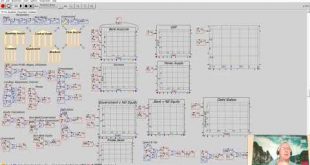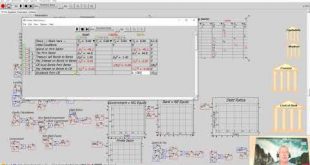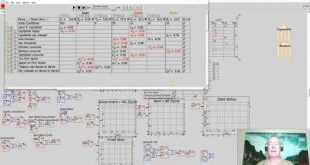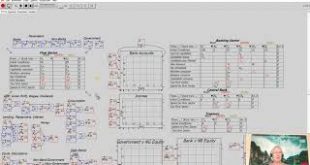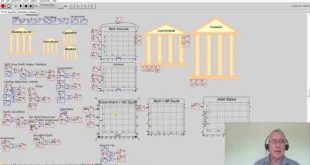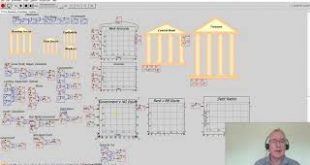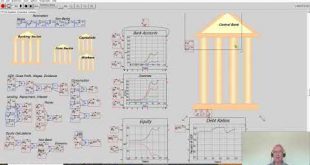Eleventh of twelve videos showing the construction of models of the monetary aspects of Modern Monetary Theory in Minsky. Download Minsky from https://sourceforge.net/projects/minsky/files/beta%20builds/ and support Minsky's development at https://www.patreon.com/hpcoder/ for as little as $1 a month
Read More »The Minsky Models of Modern Monetary Theory 10 #TMMOMMT
Tenth of twelve videos showing the construction of models of the monetary aspects of Modern Monetary Theory in Minsky. Download Minsky from https://sourceforge.net/projects/minsky/files/beta%20builds/ and support Minsky's development at https://www.patreon.com/hpcoder/ for as little as $1 a month
Read More »The Minsky Models of Modern Monetary Theory 10 #TMMOMMT
Tenth of twelve videos showing the construction of models of the monetary aspects of Modern Monetary Theory in Minsky. Download Minsky from https://sourceforge.net/projects/minsky/files/beta%20builds/ and support Minsky's development at https://www.patreon.com/hpcoder/ for as little as $1 a month
Read More »The Minsky Models of Modern Monetary Theory 09 #TMMOMMT
Ninth of twelve videos showing the construction of models of the monetary aspects of Modern Monetary Theory in Minsky. Download Minsky from https://sourceforge.net/projects/minsky/files/beta%20builds/ and support Minsky's development at https://www.patreon.com/hpcoder/ for as little as $1 a month
Read More »The Minsky Models of Modern Monetary Theory 09 #TMMOMMT
Ninth of twelve videos showing the construction of models of the monetary aspects of Modern Monetary Theory in Minsky. Download Minsky from https://sourceforge.net/projects/minsky/files/beta%20builds/ and support Minsky's development at https://www.patreon.com/hpcoder/ for as little as $1 a month
Read More »The Minsky Models of Modern Monetary Theory 08 #TMMOMMT
Eighth of twelve videos showing the construction of models of the monetary aspects of Modern Monetary Theory in Minsky. Download Minsky from https://sourceforge.net/projects/minsky/files/beta%20builds/ and support Minsky's development at https://www.patreon.com/hpcoder/ for as little as $1 a month
Read More »The Minsky Models of Modern Monetary Theory 08 #TMMOMMT
Eighth of twelve videos showing the construction of models of the monetary aspects of Modern Monetary Theory in Minsky. Download Minsky from https://sourceforge.net/projects/minsky/files/beta%20builds/ and support Minsky's development at https://www.patreon.com/hpcoder/ for as little as $1 a month
Read More »The Minsky Models of Modern Monetary Theory 07 #TMMOMMT
Seventh of twelve videos showing the construction of models of the monetary aspects of Modern Monetary Theory in Minsky. Download Minsky from https://sourceforge.net/projects/minsky/files/beta%20builds/ and support Minsky's development at https://www.patreon.com/hpcoder/ for as little as $1 a month
Read More »The Minsky Models of Modern Monetary Theory 07 #TMMOMMT
Seventh of twelve videos showing the construction of models of the monetary aspects of Modern Monetary Theory in Minsky. Download Minsky from https://sourceforge.net/projects/minsky/files/beta%20builds/ and support Minsky's development at https://www.patreon.com/hpcoder/ for as little as $1 a month
Read More »The Minsky Models of Modern Monetary Theory 06 #TMMOMMT
Sixth of twelve videos showing the construction of models of the monetary aspects of Modern Monetary Theory in Minsky. Download Minsky from https://sourceforge.net/projects/minsky/files/beta%20builds/ and support Minsky's development at https://www.patreon.com/hpcoder/ for as little as $1 a month
Read More » Steve Keen’s Debt Watch
Steve Keen’s Debt Watch

